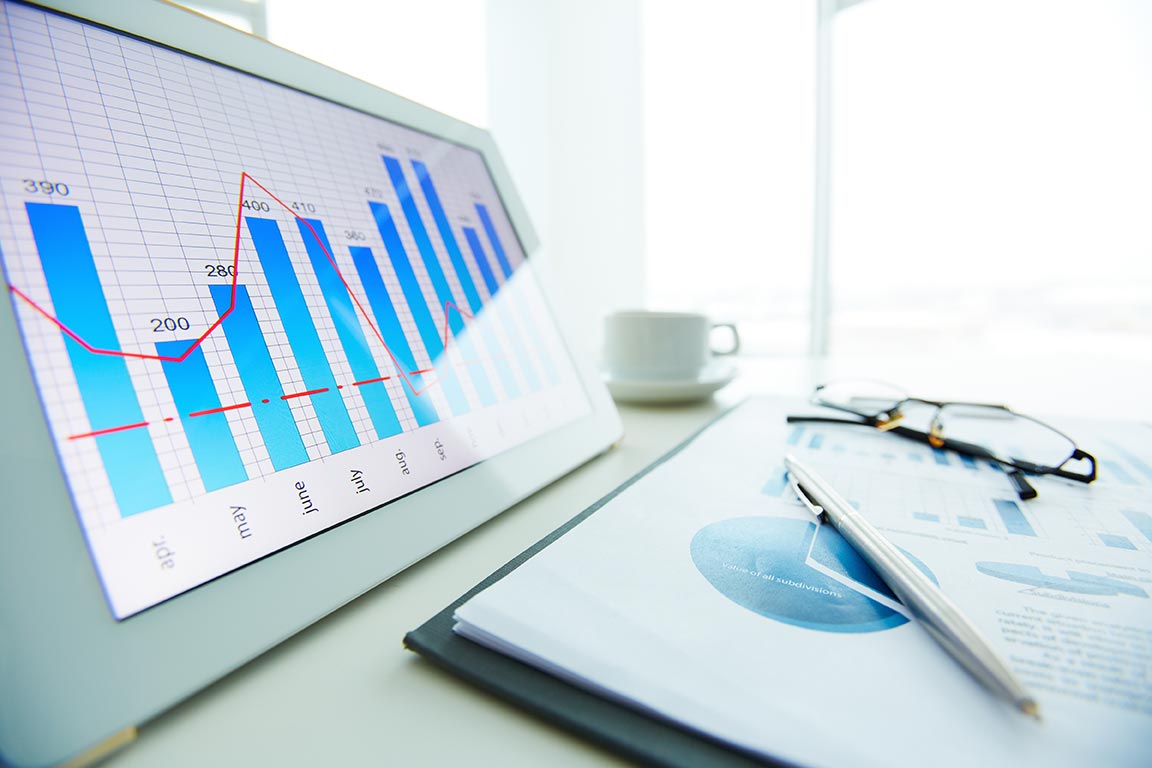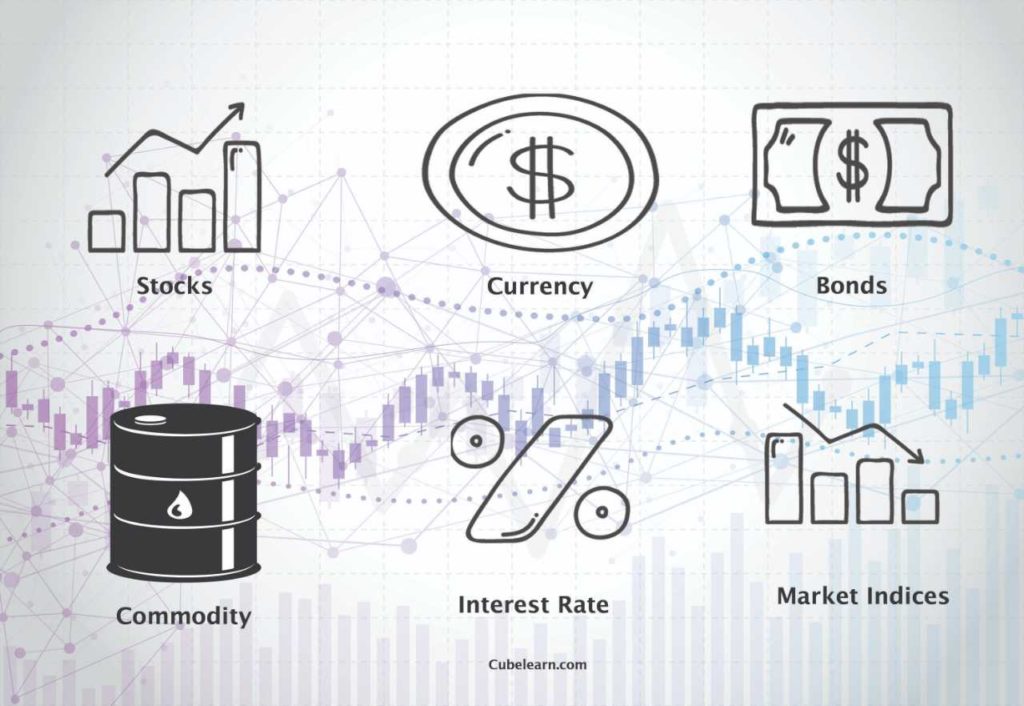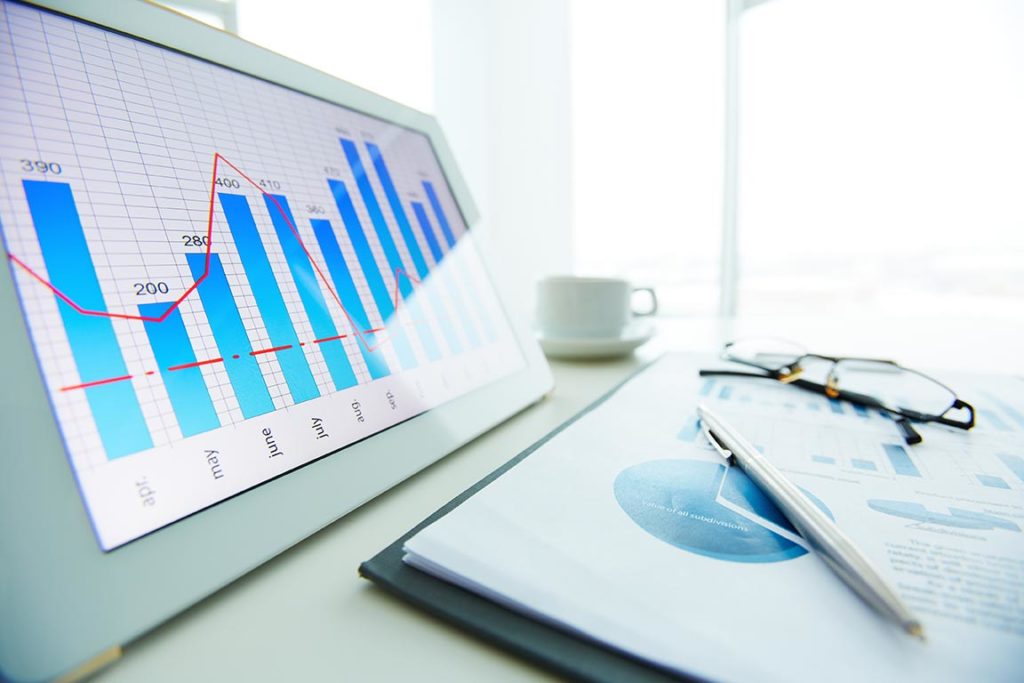
Derivative Trading’s effect On Share Prices
Does Derivative Trading Have Any Effect On Share Prices?
What are derivatives?
There are several features of financial derivatives that are instrumental in trading. A derivative is like economic security which depends on the assets that lie with any individual party. Financial derivatives meaning can be explained in simpler words as a derivative is a future contract between two or multiple parties where the economic value of the contract is fixed while the price of the assets listed in a contract may fluctuate. Some common examples of assets listed in a derivative contract include stocks from the stock market, commodities, interest rates, mutual fund, etc.
Various brokerages provide these assets to the interested parties. Derivatives market allows trading of these derivatives takes place over the counter or on an exchange. OTC trading is not standardized while derivatives traded at exchanges are strictly regulated and are also standardized.
How do financial derivatives work?
There are two main uses of the derivatives contract.
To hedge risk :
- In general, hedging is done by either producers or users of the commodity or financial product underlying that contract. Their goal is to protect their profit or limit their expenses.
- Hedging is done by taking a position in the opposite direction of the underlying position, in the futures market. That is if the underlying position is long then one will take a short position in the futures market to lock in the profit.
- Hedgers are not risk takers their aim is to protect their profit.
To speculate for profit :
- Hedgers seek to minimize risk while speculators use Derivatives with the sole intent of earning a profit. For example, ‘C’ analyzes the market and strongly believes that the price of ‘Y’ is going to increase to a great extent. Hence, ‘C’ decides to purchase ‘Y’ while the price is low so that he can later sell ‘Y’ for a net profit.
- Speculators typically use leverage to increase their profit potential.
What are the types of financial derivatives:
There are 4 main types of financial derivatives:
- Forwards: Two parties sign a contract to buy or sell a particular asset at a particular fixed price at a fixed future date.
- Futures: Futures are standardized alternatives to Forwards. They are exchange traded where the exchange is the counterparty.
- Options: A contract that gives the right but not an obligation to the use of the call option and the put option along with a strike price. Here, call refers to buying while put refers to selling.
- Swaps: Swaps are, broadly speaking, series of forward contracts.
What are the pros and cons of financial derivatives?
There are several pros and cons to using financial derivatives. To begin with, there are several advantages or features of financial derivatives which are why derivatives are actively used in the first place.
- They lead to more stability in the fluctuation of prices. Further, no assets need to be owned directly by either party which is often the case for new business ventures.
- The direct use of foreign currency can help to reduce hedge fluctuations which can be beneficial for the trade and exchange process.
- With well-analyzed speculation, speculators can earn a lot of profit through the use of these contracts.
- Despite these advantages of financial derivatives, there are several drawbacks to the use of derivatives:
- There is a possibility of volatility. In a case, where the underlying asset of the derivative is not useful to the buyer anymore, they can incur massive losses. Therefore, the risk factor here cannot be completely overlooked.
- Mark to market and margin requirements may change and the contract may become insignificant in the future.
- There is a lot of precision required to be able to correctly carry out such trades. Especially in order to be able to absorb the profits, it is important to follow an accurate plan.
Why does trading in derivatives affect share price?
It is a common thought of individuals to assume that derivatives affect the share prices. In fact, it can also be interpreted to a different perspective. The stock prices of stock options eventually affect the price of the derivatives. The rate of the futures and options are correlated with cash market and are directly dependent on that.
However, when the larger picture is considered; the share prices affecting a large number of derivatives will, in turn, affect the share market indirectly. This is because the entire process is interlinked and hence co-dependencies are created. In any case, this impact in indirect and fractional in nature as compared to the direct impact of the dependency of the derivatives. Thus, the derivatives are the dependent factors that can have fruitful benefits within boundaries of certain calculated risks.







